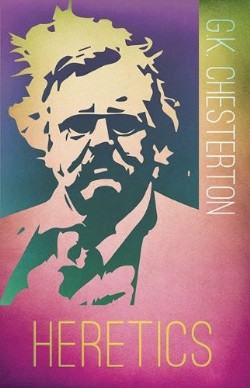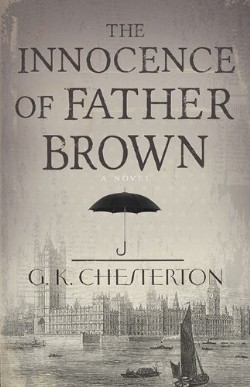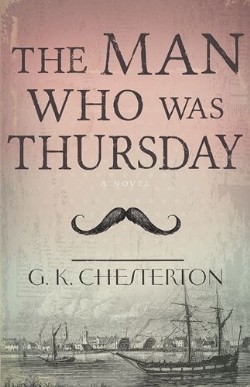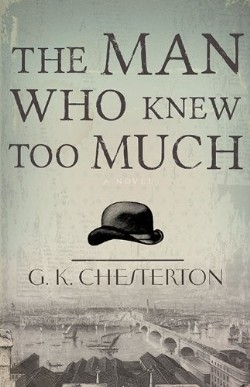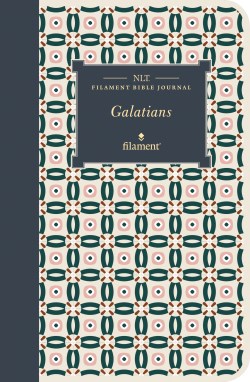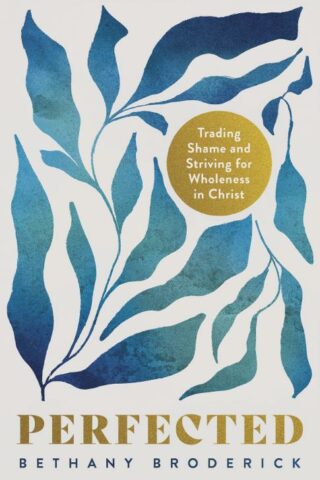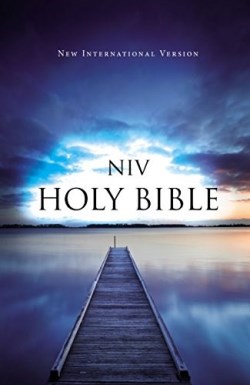G. K. Chesterton
Showing all 4 resultsSorted by latest
-
Heretics
$14.99“The word heresy not only means no longer being wrong; it practically means being clear-headed and courageous. The word orthodoxy not only no longer means being right; it practically means being wrong.”
-G. K. Chesterton, HereticsThe “modern” world of G. K. Chesterton’s day was one that often celebrated the independence and courage of heretics, while decrying the rigidity of conservative orthodoxy. In this classic collection of twenty essays, Chesterton uses wit and paradox to take on the popular philosophers of his day, including Henrik Ibsen, George Bernard Shaw, H. G. Wells, Rudyard Kipling, Oscar Wilde, and Friedrich Nietzsche.
In taking on the “heretics”-modern thinkers who considered their views to be superior to “antiquated” conservative thought-Chesterton called out their tendency to focus on evils, such as segregation and slavery, without pointing men and women toward any idea of what is good. Chesterton criticized those who rebelled against traditional Christian beliefs-those who proudly defied the Word of God. With biting prose and incomparable wit, Chesterton exposes the heretics as not only wrong but also dangerous.
Written more than a century ago, Heretics remains a remarkably relevant work for today’s modern culture.
Add to cartin stock within 3-5 days of online purchase
-
Innoncence Of Father Brown
$14.99“He thought his detective brain as good as the criminal’s, which was true. But he fully realized the disadvantage. ‘The criminal is the creative artist; the detective only the critic,’ he said with a sour smile, and lifted his coffee cup to his lips slowly, and put it down very quickly. He had put salt in it.” -G. K. Chesterton, The Innocence of Father Brown, “The Blue Cross”
In 1911, G. K. Chesterton published this first collection of twelve short stories featuring Father Brown, a priest-turned-detective who combines philosophical and spiritual reasoning with scientific observation to solve crimes. In doing so, Chesterton laid the foundation for future fictional detectives, such as Hercule Poirot, Miss Marple, Ellery Queen, and Nero Wolfe.
Unlike other writers of his time, who concocted outlandish crimes and intricate puzzles for the protagonist to solve, Chesterton pioneered the cozy mystery, narrowing the scope of the investigation to limited time, limited space, and a limited number of suspects, with all the clues revealed to the reader as well as to the detective.
Chesterton is highly regarded as a biting social commentator, and his humorous and insightful comparisons leave readers reeling. These tales are short, easy reads with strong plots, all connected by the clever detective with an above-average understanding of human nature.
Add to cartin stock within 3-5 days of online purchase
-
Man Who Was Thursday
$14.99Part detective story, part surreal thriller, and part social commentary, The Man Who Was Thursday is a masterpiece of literary fiction by the brilliant G. K. Chesterton. The story centers around seven anarchists in turn-of-the-century London who call themselves by the days of the week. Fearing an impending act of terrorism, Gabriel Syme is sent by Scotland Yard to infiltrate their ranks by becoming “Thursday.” Elected undercover into the Central European Council of anarchists, Syme must avoid discovery and save the world from future bombings.
Beyond the excitement of an elephant chase, duels, elaborate disguises, and a hot-air balloon pursuit through the streets of London, Chesterton is most interested in the battle of ideas. Indeed, his real agenda is to expose the moral relativism and parlor nihilism for the devils he believed them to be in the world of his day. Chesterton’s classic novella tackles anarchy, social order, God, peace, war, religion, and human nature, somehow managing to combine them all into a delightful tale full of biting social commentary that is still relevant today.
Add to cartin stock within 3-5 days of online purchase
-
Man Who Knew Too Much
$14.99From the creator of the Father Brown mysteries come eight short stories that trace the activities of Horne Fisher, “the man who knew too much,” and his trusted friend, political journalist Harold March. Horne is a socialite who uses his keen mind and powerful gifts of deduction to investigate crimes committed on the sprawling country estates of the aristocracy. Much loved for their wit and sense of wonder, these stories offer a fascinating portrait of upper-crust society in pre-World War I England.
Highly regarded as a biting social commentator, Chesterton fully displays his humorous and insightful comparisons through his colorful and poetic prose.
Add to cartin stock within 3-5 days of online purchase

